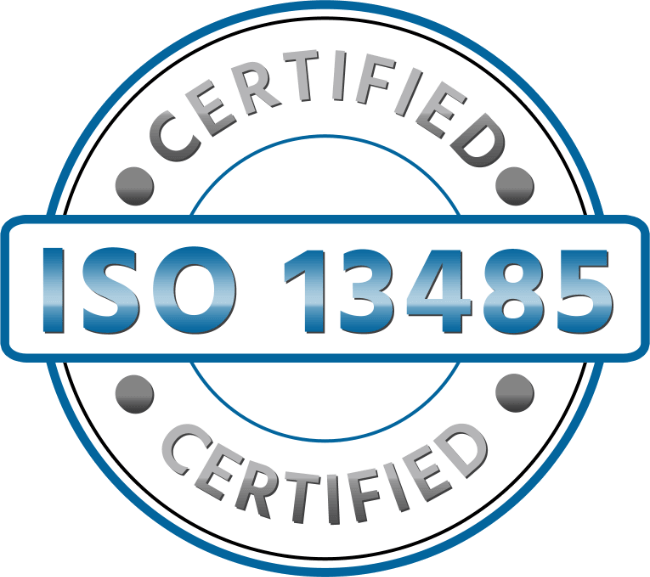Turn Panic Into Play With Pediatric Anesthesia Balloons by PeDIA
For children, the process of undergoing surgery is already unsettling, and the process of mask-based induction is often the most traumatizing part. Pediatric preoperative anxiety occurs in up to 60% of patients, especially at the time of inhalational mask induction of anesthesia.¹
Signs of anxiety during induction can include: crying, turning the head away from the anesthesia mask, verbal refusal, pushing the mask away with hands, kicking legs, and flailing arms.
Preoperative anxiety affects millions of pediatric surgery patients each year and can have both short and long-term adverse effects in the postoperative period.
The short-term effects associated with preoperative anxiety can be increased anesthetic requirements, increased postoperative pain, and decreased parental and patient satisfaction. It can also cause increased pain at home as well as maladaptive behavior changes at home: aggression, regression, nightmares, and mistrust of medical personnel for weeks, months, or even years. Long-term studies show some of these children develop post-traumatic stress symptoms and depression² and may even grow into adults who avoid the medical system.³
It is important for healthcare providers and others involved in the child’s care, such as the parents, to be aware of interventions that can be used to reduce the onset of preoperative anxiety and, thus, the likelihood of negative postoperative changes.⁴
PeDIA Anesthesia Balloons
PeDIA® is a colorful and playful balloon designed to reduce patient stress during anesthesia induction. Children inhale and exhale through the PeDIA whistle mouthpiece or connected mask and hear a fun, playful sound as each respiratory cycle inflates and deflates the balloon, administering the anesthesia.
PeDIA Features And Benefits
- FDA Cleared
- Latex Free
- Phthalate Free
- Disposable
- No Sedation
- No Brutane
- Made in the USA
- May Improve HCAHP

References
¹Openanesthesia. “Preoperative Anxiety in Children.” OpenAnesthesia, 27 July 2023, www.openanesthesia.org
²Stanzel, S., Sierau, S,. (2021) Pediatric Medical Traumatic Stress (PMTS) following Surgery in Childhood and Adolescence: a Systematic Review. J Child Adolesc Trauma. 2022 Sep; 15(3): 795–809. Published online 2021 Aug 21. https://doi.org/10.1007/s40653-021-00391-9 and https://bit.ly/4d72lCE
³Amichai BA., et al., (2023). A Cross Sectional Study to Identify Traumatic Stress, Medical Phobia and Non-Adherence to Medical Care among Very Young Pediatric Patients Int J Environ Res Public Health. 2023 Jan; 20(2): 1122. Published online 2023 Jan 8. doi: 10.3390/ijerph20021122
⁴Fronk, Emily, and Stephen Bates Billick. “Pre-Operative Anxiety in Pediatric Surgery Patients: Multiple Case Study Analysis with Literature Review – Psychiatric Quarterly.” SpringerLink, Springer US, 18 May 2020, link.springer.com
For a demonstration or more information about the PeDIA, contact your local MED Alliance Group sales representative, call 888-891-1200 or email us.
MED Alliance Group is a medical device distributor that has been meeting the needs of our clinical customers and manufacturing partners since 1998. We specialize in the sales, marketing, importation, logistics and distribution of innovative, high-quality and cost-effective products found in anesthesia and respiratory, blood and transfusion therapy, EMS and emergency room, interventional radiology and cath lab, iv and vascular, NICU/PICU, and pharmacy.
Please follow us on LinkedIn, Facebook and Twitter for MED Alliance product updates.





